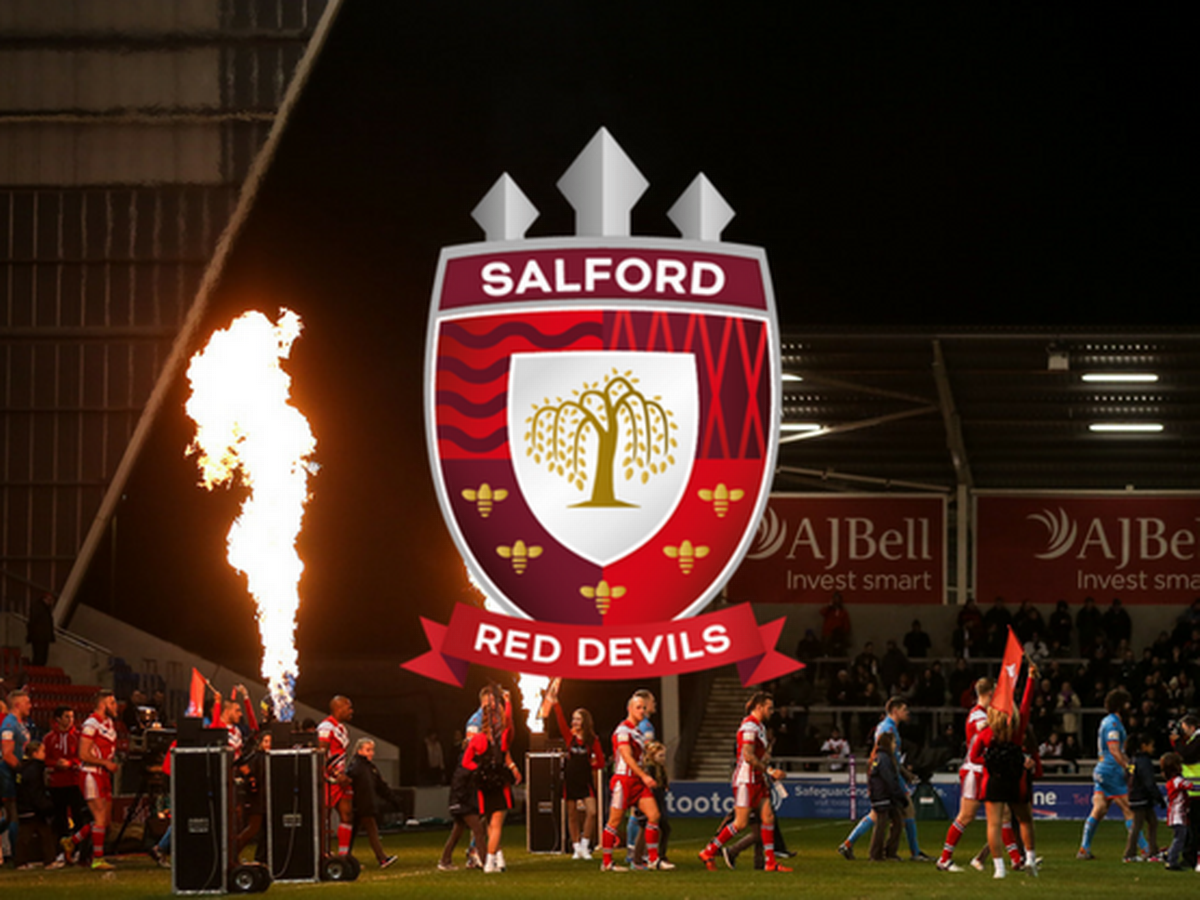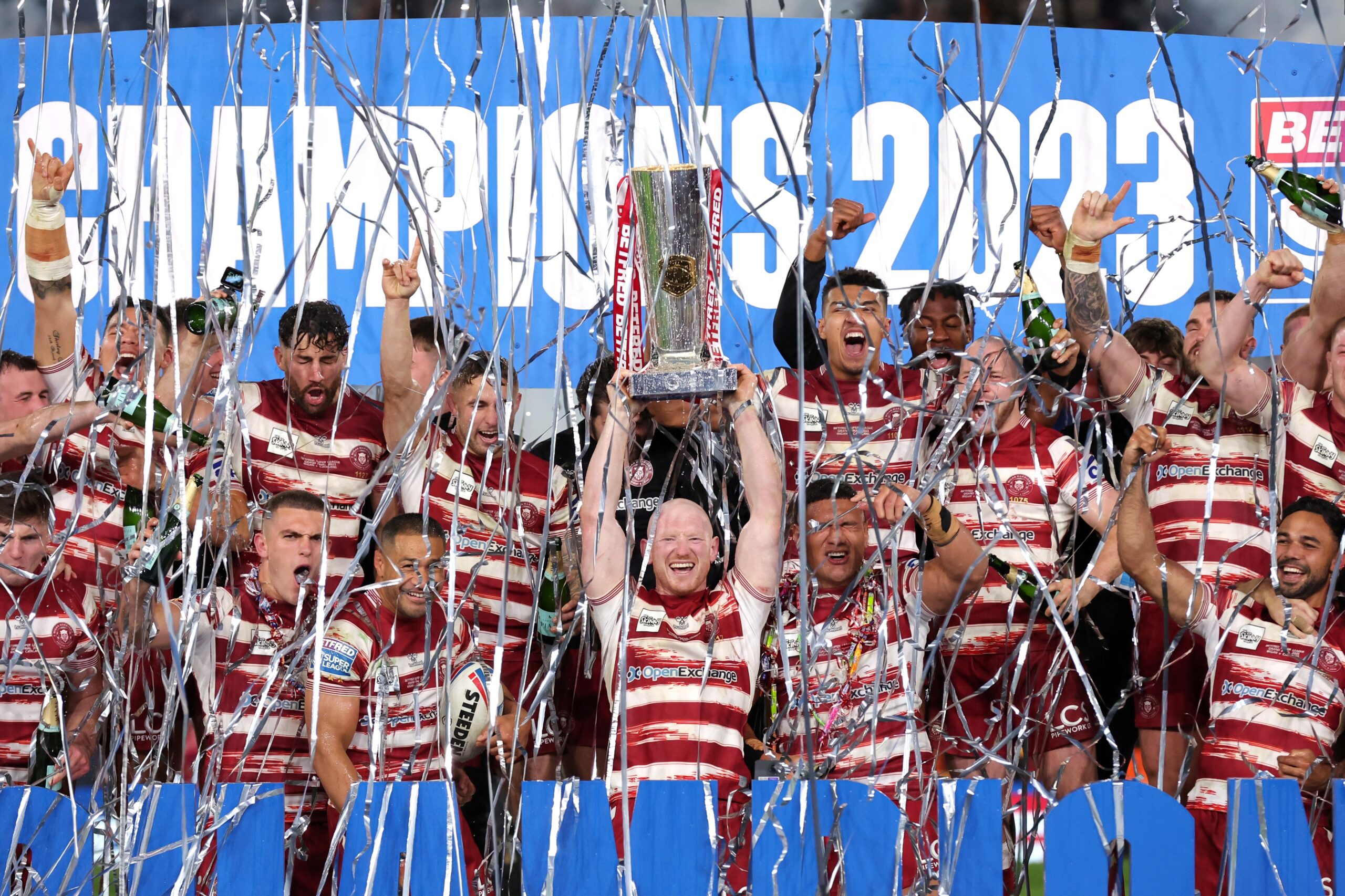In a stunning turn of events, the Wrexham Crusaders have withdrawn their license application to the Rugby Football League, meaning they will drop down a division to the Co-Op Championship next season.
This decision means that the team that was heavily favored to be axed from the competition next season, the Wakefield Wildcats, have earned an incredible reprieve.
Wow, this is a huge shock that nobody was expecting!
With the Wildcats financials problems, the issues surrounding their lack of stadium, their poor performances on the field, they were unbackable favorites to be told they would be stepping down a division next season. So much so that I had the feeling the club had spend the last couple of months positioning itself to be ready to make the step down a division.
On the flip side, I felt like the Crusaders were finally starting to come together as a club.
Under Iestyn Harris’ coaching there was a real stability and strength that came through. When the decision was made to drop seven players from their side a few weeks ago for disciplinary reasons, that was was a strong move by a club that looked like it was very comfortable with where it stood.
The fact that the Cursaders withdrew their license application disturbs me.
It means that at one point they felt like they couple compete in Super League, to the point where they worked to put together a license application. They signed players for next season, they have been developing youngsters they have looked to bring into their first grade side….this is a club that clearly felt it had a future in Super League in the near and long term future.
So what happened? What turned things around so dramatically that the club decided to voluntarily step back down a division, a move that is usually forced on teams and one that see’s even the strongest of clubs crippled for a number of seasons afterwards?
I wonder the Crusaders just decided that they were unable to compete in the current financial climate that Super League has created for itself. In a competition where over the last 14 years the television deal the competition was able to gain went up by only a total of £3 Million over the five year length of that contract. You don’t have to be a financial wizard to work out that that is waaaay behind inflation!
A competition that major sponsors shun because of its geographic isolation. Where the salary cap is unrealistic, and then not enforced.
I’ve written before that Financial Reforms Are Needed If British Rugby League Is To Survive and I think this decision by the Crusaders basically comes down to the crux of the matter.
The financial model Super League clubs are asked to play under simply does not work. The system is broken and needs fixed.
How many clubs at every level over the last decade have gone bust? Its at a point where every year the Super League table looks like a retarded kids homework, full of corrections and notes for all the teams that have gone bust during the season.
Full credit to the Crusaders management here. They saw the writing all the wall and didn’t want to be just another club that went bust over night and were playing the next week as a “new company”. This was the decision of a real club. They don’t want to die, they want to survive. They know what lies ahead for them in The Championship, but that is far better than the alternative that would have been marching forwards had they decided to move ahead and continue to compete in Super League.
This should be a significant moment for Rugby League in Great Britain. The moment when a prized expansion club said “The system is so broken that we can no longer take part in Super League”. It won’t be though…
The Wakefield Wildcats, a financial basketcase, will play on next season, almost completely negating the licensing system anyway. The way Super League is set up and run will not change.
Expansion is out, and all eyes will now turn to London. If they go….well, I’ve only just written about where that might lead.
Rugby League in Great Britain just stepped onto a cross road. The next step isn’t just crucial, it could be the difference between whether Rugby League in Great Britain survives long term or not.








